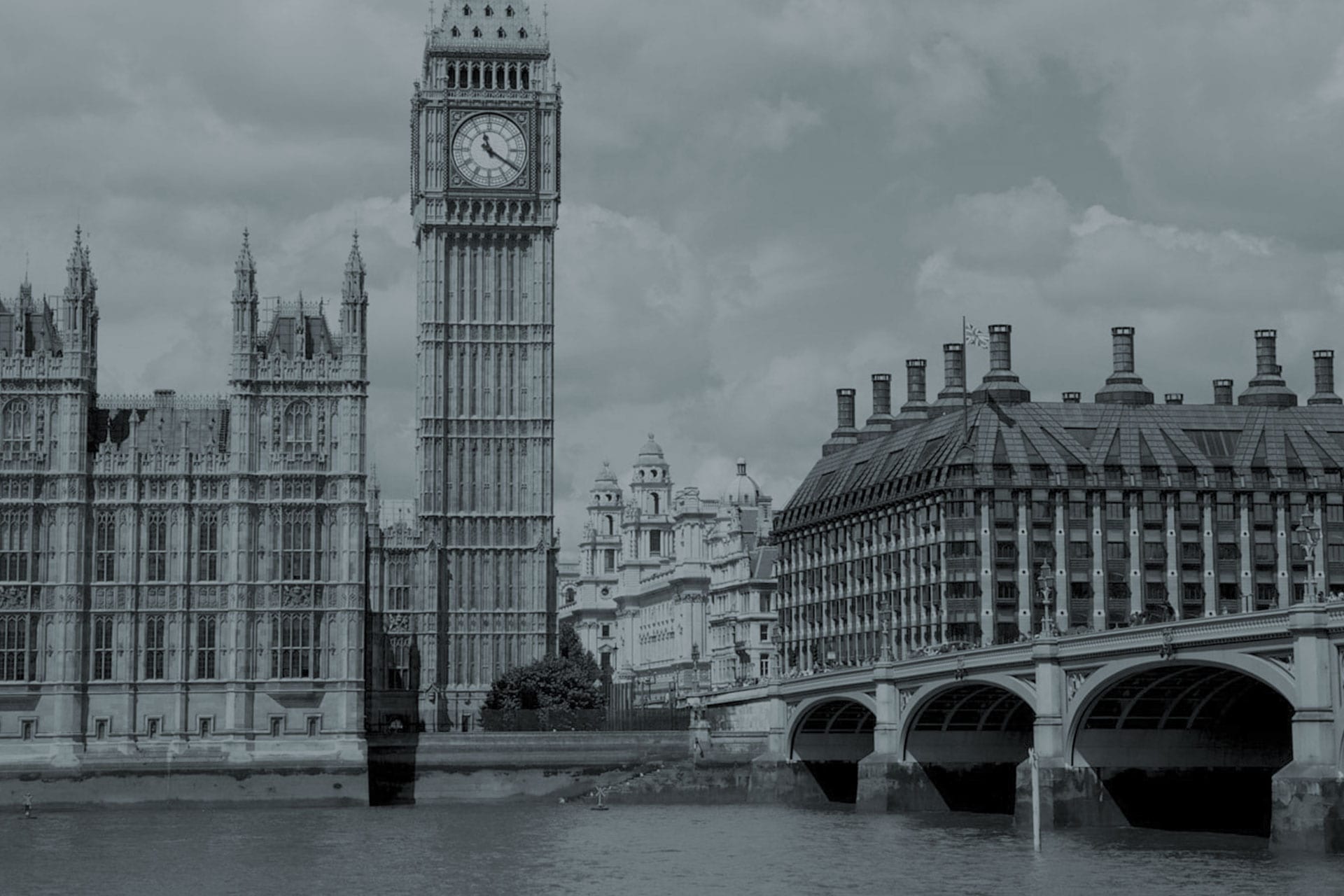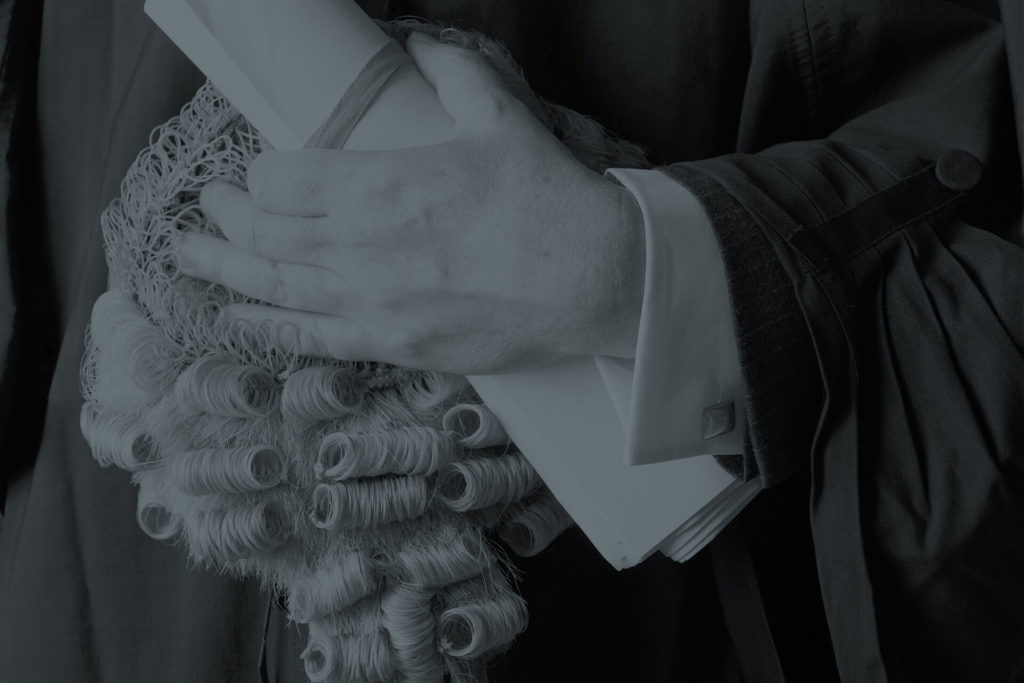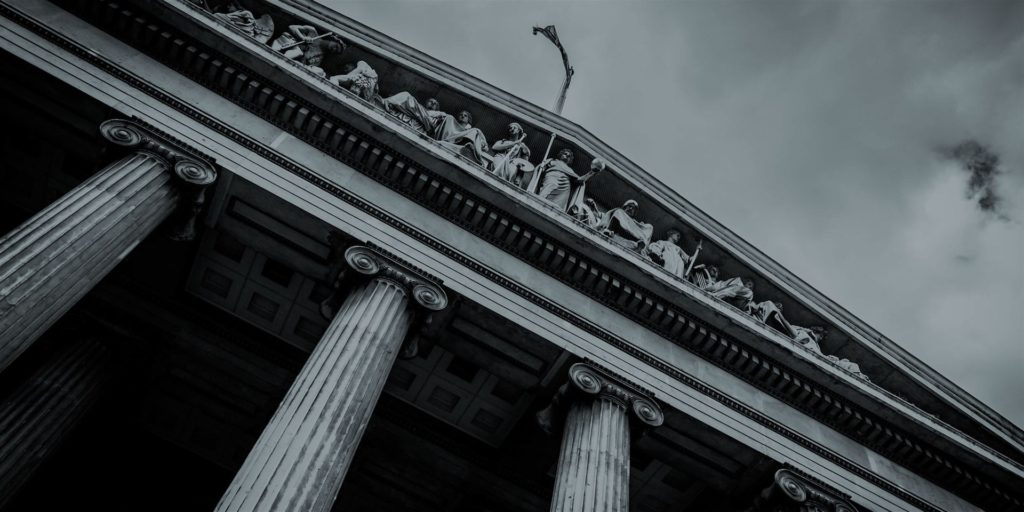Send your enquiry.
Contact us for a free, initial no obligation consultation.
"*" indicates required fields
Your information is safe and treated in accordance with our Privacy Policy
The case of Alison Chabloz, a Holocaust denier based in the UK, has raised the question of whether the right to freedom of speech is absolute.
London criminal defence solicitors
If you have been accused of malicious communications, please contact us at Ashmans Solicitors. Our solicitors can represent you throughout proceedings. We are available to take your call 24 hours a day, 7 days a week.
The facts of the case
In 2018, Alison Chabloz was convicted under section 127 of the Communications Act 2003. This makes it an offence to send grossly offensive and threatening messages over a public electronic communications network. The conviction came after she performed and uploaded anti-Semitic songs to YouTube. She was given a suspended sentence of 20 weeks imprisonment suspended for two years.
However, the following year she made further anti-Semitic remarks on a radio show and shared the broadcast on her blog. Amongst other things, she said that “Hitler was right” and that Jewish people use the Holocaust as an “eternal cash cow”. She was subsequently convicted of further offences under the Communications Act 2003. As she had breached her suspended sentence, she received an 18-week term of imprisonment.
The Court of Appeal rules on the freedom of speech
When she was first convicted, Chabloz took her case to the Court of Appeal. She argued that the proceedings were an “affront to her freedom of speech”.
The Court agreed that the right to freedom of speech and expression is crucial in a democratic society. However, the Court highlighted that this right is not unqualified. Under the Communications Act 2003, a person is guilty of an offence if the message is grossly offensive. He is also guilty of an offence if the message intends to cause annoyance, inconvenience or needless anxiety – and he knows that message to be false.
The Court noted that the Holocaust did occur, and the song was judged in that context. Chabloz’s conviction was therefore upheld.
The Court said: “No tribunal of fact is required to proceed on the basis of absurdity or fiction. The Holocaust – by which we mean the systematic extermination of millions of people, predominantly although not exclusively Jews, by the forces of Nazi Germany and their collaborators, between 1941 and 1945 happened. World War II is surely the best documented and most extensively studied period of modern history, and the Holocaust is one of the best-documented aspects of that conflict, if not the best. A mass of evidence, of various kinds, attests to it. Moreover, the Holocaust has been the subject of extensive judicial enquiry, from the Nuremberg trials onwards, in a number of jurisdictions.”
London criminal defence solicitors
If you have been accused of malicious communications, please contact us at Ashmans Solicitors for a free initial enquiry. We offer free police station representation and act for clients across England and Wales.
Call us on 0333 009 6275. We are available to take your call 24 hours a day, 7 days a week.
You can also email us at enquiries@ashmanssolicitors.com or complete our Free Online Enquiry Form and we’ll be in touch soon.




